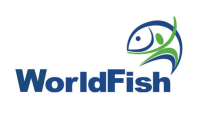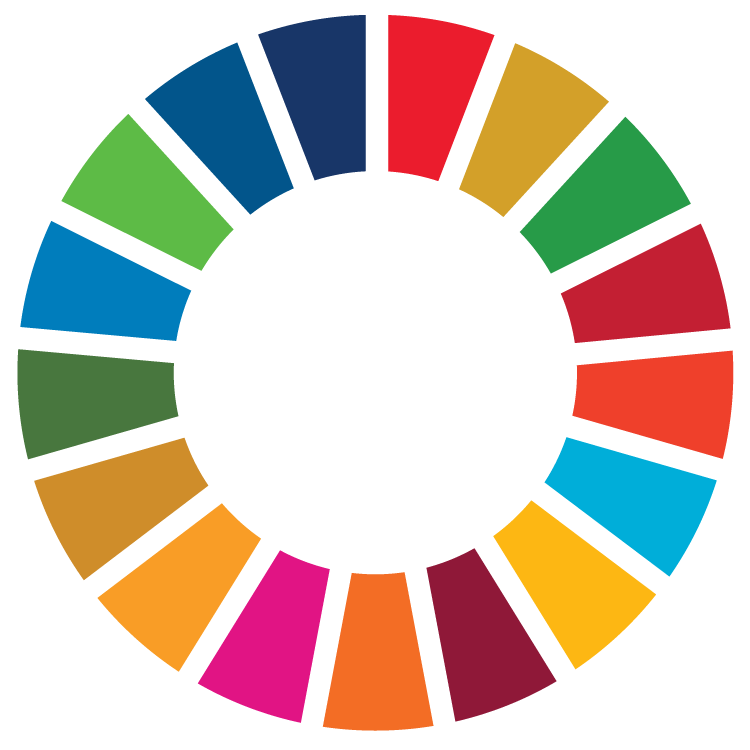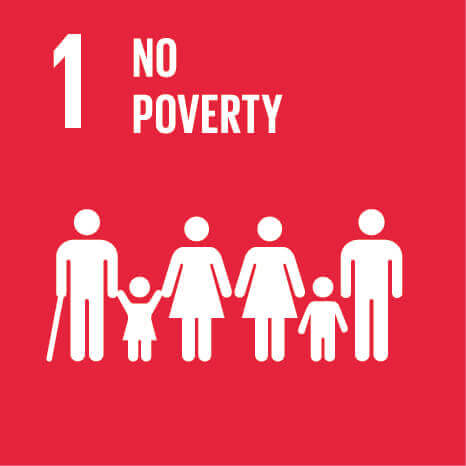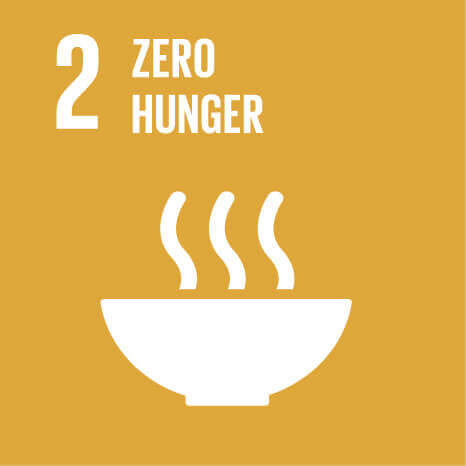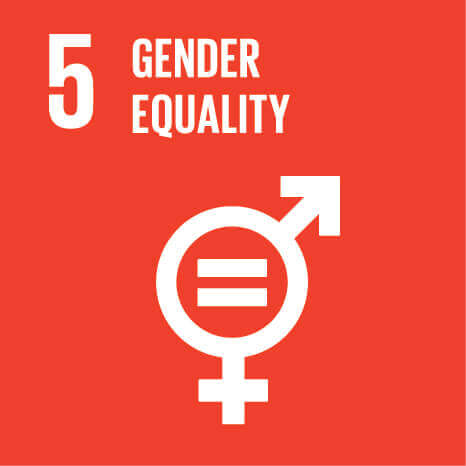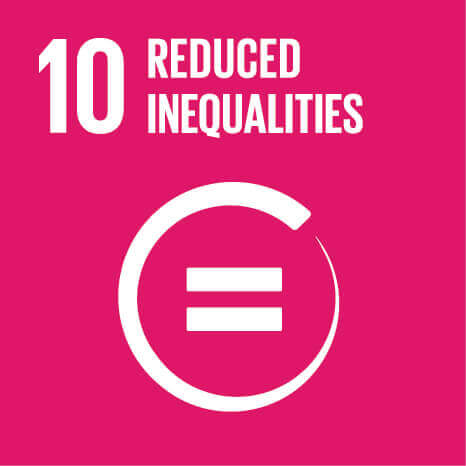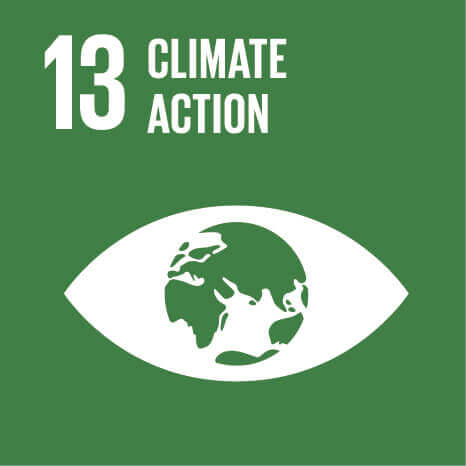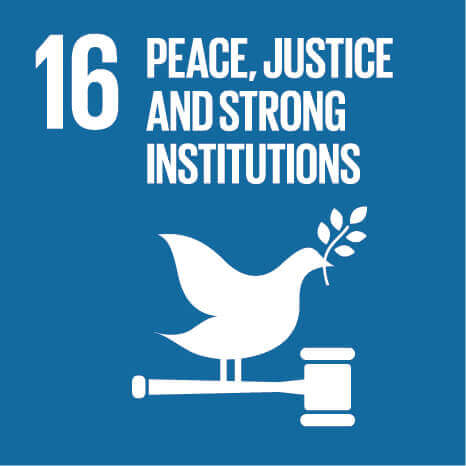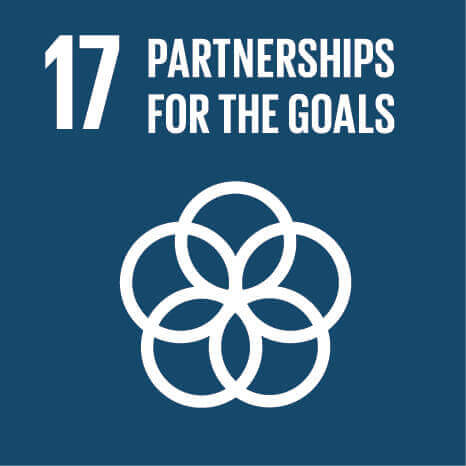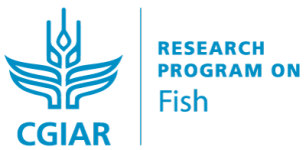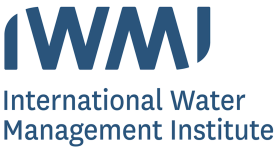Myanmar Government approved the Agricultural Development Strategy and the 'Naypyitaw Agreement' that enables the spread of nutritious and profitable rice-fish farming practices.
Published on: April 30, 2019, Submitted by Cristiano Rossignoli on: April 15, 2019, Reporting year: 2018
Research demonstrates rice-fish systems enable families to grow enough fish to consume weekly, thereby having a positive effect on household nutrition, with particularly potential to increase nutrition status of children. Informed by FISH research and convening, the Myanmar Government approved the Agricultural Development Strategy and the 'Naypyitaw Agreement' that legitimizes and enables the spread of rice-fish practices.
Daw Aye Win, together with her neighbors, catch mola in her pond with gill nets,
The Development of Rice Fish Systems in the Ayeyarwaddy Delta aims to develop and implement diversified and productive rice-fish systems in the Ayeyarwady Delta. For Myanmar’s poor, fish on the plate is a rare luxury. Poor families are estimated to consume 7 kilogram/per person/per year, compared to up to 50 kilograms/per person/per year for the richest families. Myanmar governments of the recent past favored “command and control” based policies that discouraged rice farmers from diversification and making production decisions based on market demand. Such policies have constrained crop- and land-use diversity, as well as opportunities for poverty reduction or improved nutrition.
WorldFish-IRRI-MoALI pilot research shows when rice cultivation area is reduced by 13 percent to accommodate a fish refuge, the rice production increases by 6 percent (4.7 mt/ha benchmark compared with 5.0 mt/ha rice with 13% less rice land). And net profit increases 132 percent due to the fish factor. These results, from very small experimental plots, are likewise found in full-size commercial systems with integrated agriculture systems. Using better management practices for rice, fish and water are shown to increase rice yield, profitability, employment options for youth and women and family nutrition from the inclusion of fish.
Recognizing this, MoALI Minister Dr. Aung Thut has instructed the director generals of MoALI departments to promote rice-fish systems without delay, as part of the 'Naypitaw Agreement' that was developed after the rice-fish symposium hosted by the FISH and partners in August 2018. Recently, the Myanmar Government approved the Agricultural Development Strategy (ADS), which aims to modernize the agriculture sector. Article 42 states that “rather than an excessive focus on rice, there is a need to think in terms of rice-based farming systems that will encompass a range of non-paddy options depending on location”.
In Papat village in rural Myanmar, Aung Kyaw and Kyi Kyi Than’s rice field appears the same as those of their neighbors, except for one difference: they grow fish as well. Aung Kyaw and Kyi Kyi Than got the opportunity to develop a rice-fish system as participants in the project.
“Now we always have fish for our family,” says Kyi Kyi Than, noting that her family’s consumption of fish has doubled.
"I hope it will get easier to get permission to develop rice fish systems,” adds her husband Aung Kyaw. “I think that almost all farmers in my community would practice and adopt this kind of fruitful system.”
Rice and fish are key elements of the diet and major agricultural production sectors in Myanmar. Rice-fish systems (RFSs) encompass a spectrum of farming and fishing practices, from traditional capture of fish in rice-dominated landscapes through to controlled farming of fish in rice fields. Rice farming covers approximately 8 million ha and involves more than 5 million rural households. The recent policy shifts (i.e.. the Agricultural Development Strategy, and the Naypitaw Agreement' have opened a window of opportunity for developing and implementing diversified and productive rice-fish systems. Such developments would contribute to overarching policy goals of the government for poverty reduction, addressing under-nutrition and rural development. The overall aim of the initiative is to improve the productivity, equitable profitability and nutrition outcomes from rice-fish systems in Myanmar. The initiative will benefit small-scale rice farming households, and fishers, by diversifying production in rice-based farming systems and landscapes, enhancing resilience of rice-based farming systems and delivering increased farmer incomes, improved food and nutrition security and enhanced gender equity.
Stage of Maturity and Sphere of influence
-
Stage of Maturity: Stage 1
-
Contributions in sphere of influence:
1.4.1 - Reduced pre- and -post production losses, including those caused by climate change
2.1.1 - Increased availability of diverse nutrient-rich foods
Acknowledgement
This work was undertaken as part of the CGIAR Research Program on Fish Agri-Food Systems (FISH) led by WorldFish. The program is supported by contributors to the CGIAR Trust Fund. Funding support for this work was provided by Australian Centre for International Agricultural Research (ACIAR) as part of the Development of rice fish systems (RFS) in the Ayeyarwady Delta, Myanmar project.
